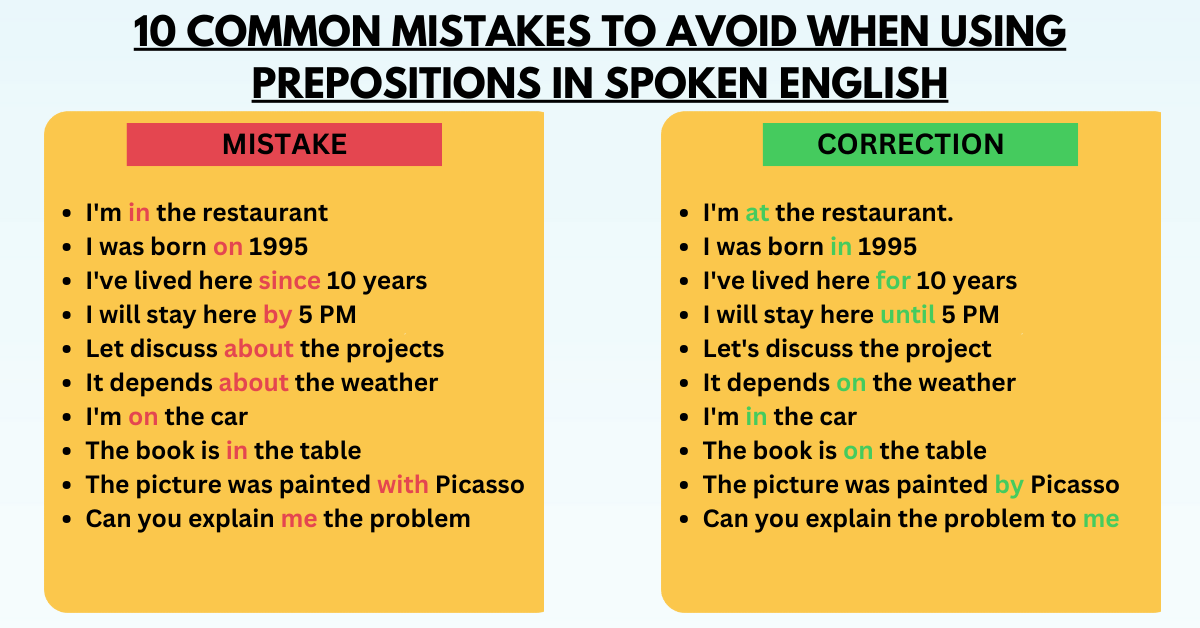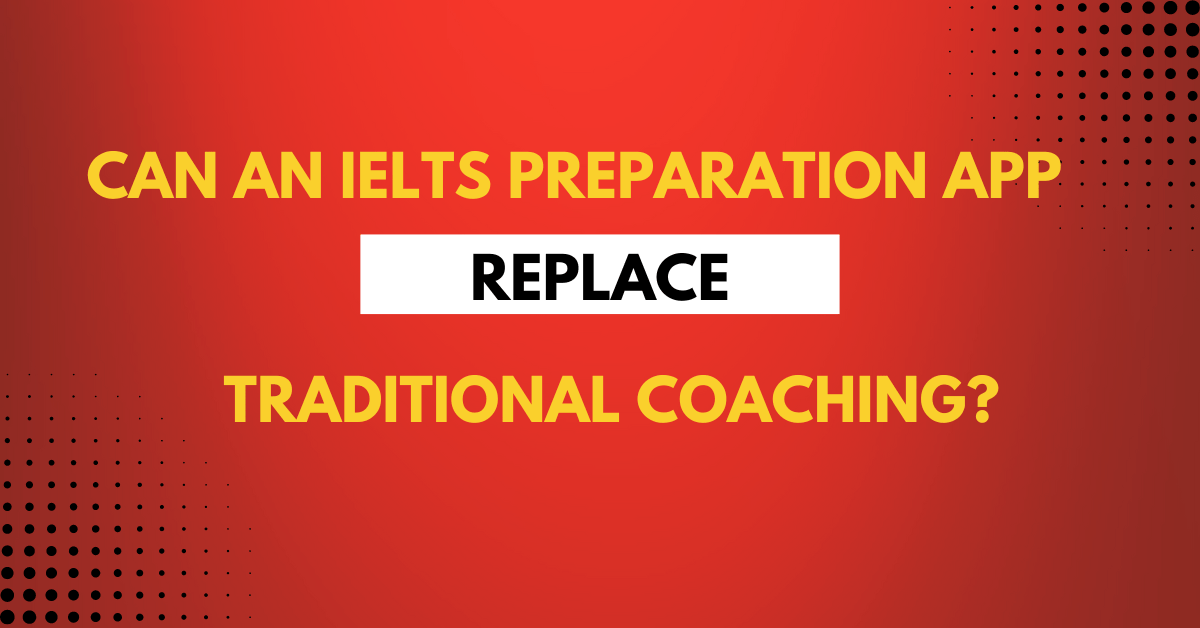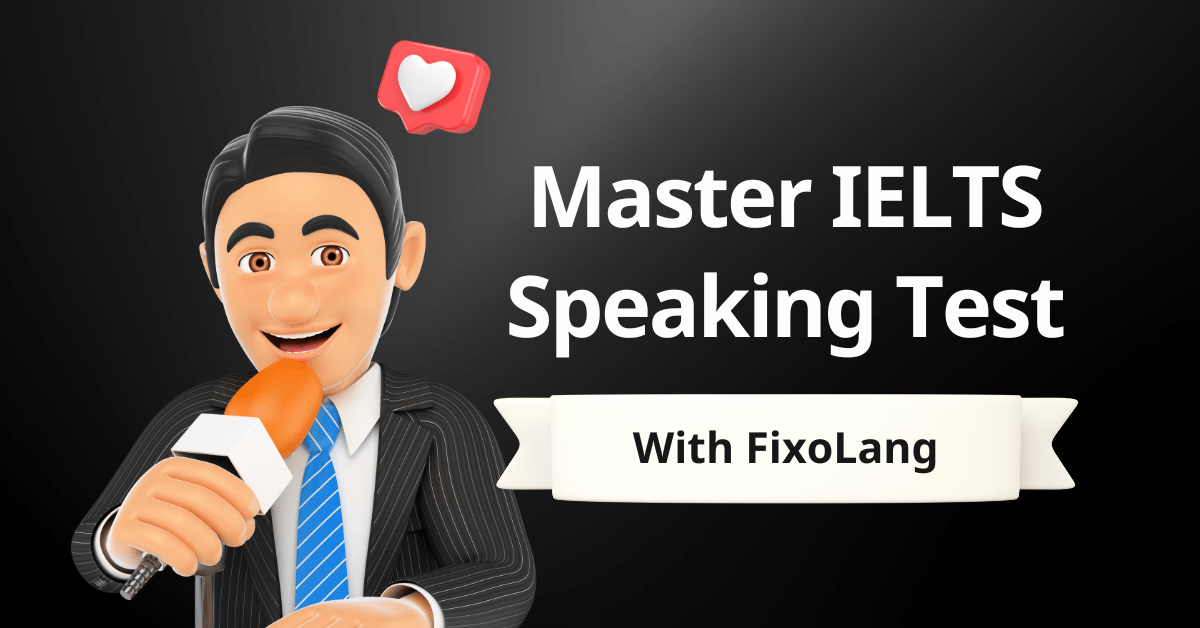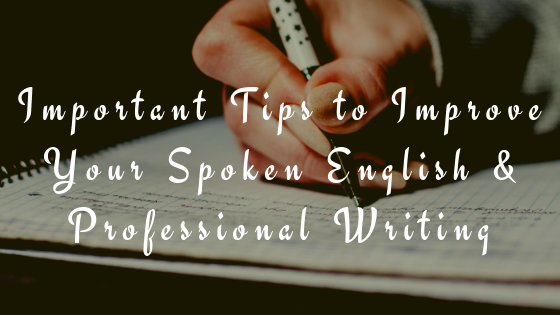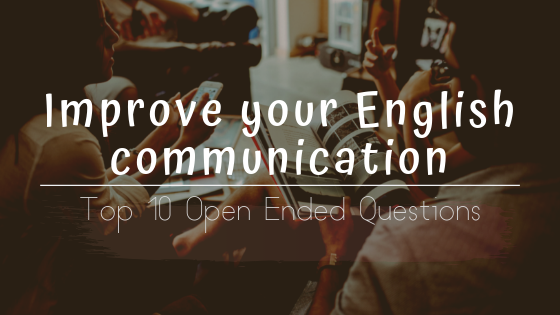Prepositions are those small but mighty words that link nouns, pronouns, or phrases to other words within a sentence. They’re everywhere in spoken English, but mastering their use can be tricky, especially for non-native speakers. Today, we’ll go over 10 common mistakes people make with prepositions and how to avoid them.
1. Confusing ‘In’ and ‘At’ for Locations
- Mistake: Saying, “I’m in the restaurant” when you mean, “I’m at the restaurant.”
- Correction: Use ‘at’ when you’re talking about specific locations, like “at the office” or “at the park.” Use ‘in’ when you’re referring to something more general or enclosed, like “in the city” or “in the car.”
2. Using ‘On’ Instead of ‘In’ for Months and Years
- Mistake: Saying, “I was born on 1995″ instead of “I was born in 1995.”
- Correction: Use ‘in’ for months, years, centuries, and long periods of time, like “in March” or “in 2025.” Use ‘on’ for specific days or dates, like “on Tuesday” or “on December 12th.”
3. Mixing Up ‘For’ and ‘Since’ with Time Expressions
- Mistake: Saying, “I’ve lived here since 10 years” instead of “I’ve lived here for 10 years.”
- Correction: Use ‘for’ when talking about the length of time (a duration), like “for 10 years.” Use ‘since’ when you’re referring to the starting point in time, like “since 2010.”
4. Incorrect Use of ‘By’ and ‘Until’
- Mistake: Saying, “I will stay here by 5 PM” instead of “I will stay here until 5 PM.”
- Correction: ‘Until’ is used to indicate the time something will continue to happen, like “until 5 PM.” ‘By’ is used to show the deadline or when something must be completed, like “Please finish this by Friday.”
5. Incorrect Use of ‘To’ After ‘Discuss’
- Mistake: Saying, “Let’s discuss about the project” instead of “Let’s discuss the project.”
- Correction: The verb ‘discuss’ doesn’t require a preposition. You should say, “Let’s discuss the project,” without ‘about.’
6. Confusing ‘On’ and ‘About’ After ‘Depend’
- Mistake: Saying, “It depends about the weather” instead of “It depends on the weather.”
- Correction: Always use ‘on’ after the verb ‘depend,’ as in “It depends on the weather,” or “It depends on you.”
7. Mixing Up ‘In’ and ‘On’ with Transportation
- Mistake: Saying, “I’m on the car” instead of “I’m in the car.”
- Correction: Use ‘in’ for smaller vehicles like cars or taxis (“in the car”) and ‘on’ for larger modes of transportation like buses, trains, and planes (“on the bus”).
8. Using ‘In’ Instead of ‘On’ for Surfaces
- Mistake: Saying, “The book is in the table” instead of “The book is on the table.”
- Correction: Use ‘on’ when referring to something that’s on a surface, like “on the table,” “on the floor,” or “on the shelf.”
9. Confusing ‘With’ and ‘By’
- Mistake: Saying, “The picture was painted with Picasso” instead of “The picture was painted by Picasso.”
- Correction: Use ‘by’ when you’re talking about the agent or doer of an action (“painted by Picasso”), and ‘with’ when you’re referring to the tool or instrument used (“painted with a brush”).
10. Incorrect Use of ‘To’ After ‘Explain’
- Mistake: Saying, “Can you explain me the problem?” instead of “Can you explain the problem to me?”
- Correction: The verb ‘explain’ needs to be followed by the object first and then the person it’s explained to: “Explain the problem to me.”
For more information, you can check this blog Prepositions of Time in English – At, On, In
How to Avoid These Mistakes?
- Practice Listening and Reading: Exposure to correct usage through podcasts, TV shows, and books will help you naturally pick up the right prepositions.
- Use an English Learning App: Apps like EngVarta provide real-time conversations with English experts, helping you identify and correct preposition mistakes in real time.
- Create Flashcards: Make a list of common preposition phrases and review them daily.
- Speak Regularly: The more you practice speaking English, the more natural it is to use prepositions.
Mastering prepositions may seem challenging, but with practice, you’ll find yourself making fewer and fewer mistakes. Prepositions can often change the entire meaning of a sentence, so using them correctly is key to fluency.
By avoiding these 10 common mistakes, you’ll see a noticeable improvement in your spoken English!
Ready to master prepositions and speak English confidently? Download EngVarta today and start practicing with live experts!


